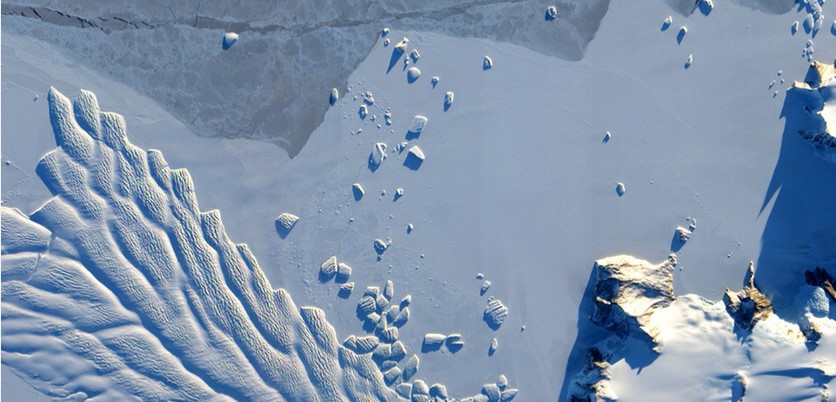Sea Levels To Rise Over 10 Feet With the Temperatures Rising Just 2 Degrees, Shows International Study

According to a study published on 19 September in Nature by an international team of researchers, sea level could potentially rise after temperatures rise to 2 degrees, causing a section of the East Antarctic Ice Sheet to melt.
The team included researchers from the Imperial College London, the University of Queensland, researchers from other institutions from Japan, New Zealand, and Spain.
The team analyzed sediments from the sea to see how the Wilkes Subglacial Basin behaved during warm periods from the Pleistocene. They discovered that, over the course of 2,500 years, the ice was melting even when in Antarctica the temperature got 2 degrees warmer than the pre-industrial levels.
Ice Loss Inevitable Unless We Reduce Carbon Emissions
University of Queensland had a press release, where Dr. David Wilson (Imperial College) stated:
“With current global temperatures already one degree higher than during pre-industrial times, future ice loss seems inevitable if we fail to reduce carbon emissions.”
A University of Queensland researcher, Dr. Kevin Welsh, added that the East Antarctic Ice Sheet wasn’t prone to melting like the West Antarctic Ice because it had the basin over the sea level. However, the Wilkes Subglacial Basin is under sea level and more vulnerable to melting:
“The evidence we have suggests that with the predicted two degrees Celsius warming in Antarctica—if sustained over a couple of millennia—the sheet would start melting in these locations.”
The study did not find how fast the melting would be, but the temperatures in this century will kick-start it, added Wilson.
According to glaciologist Isabella Velicogna (University of California), who was not part of the study, this study “contributes to the mounting pile of evidence that East Antarctica is not as stable as we thought.”
The International Energy Agency reported in March that the Paris agreement’s limit to below two degrees above pre-industrial levels wouldn’t be met with the current efforts.
0 comments